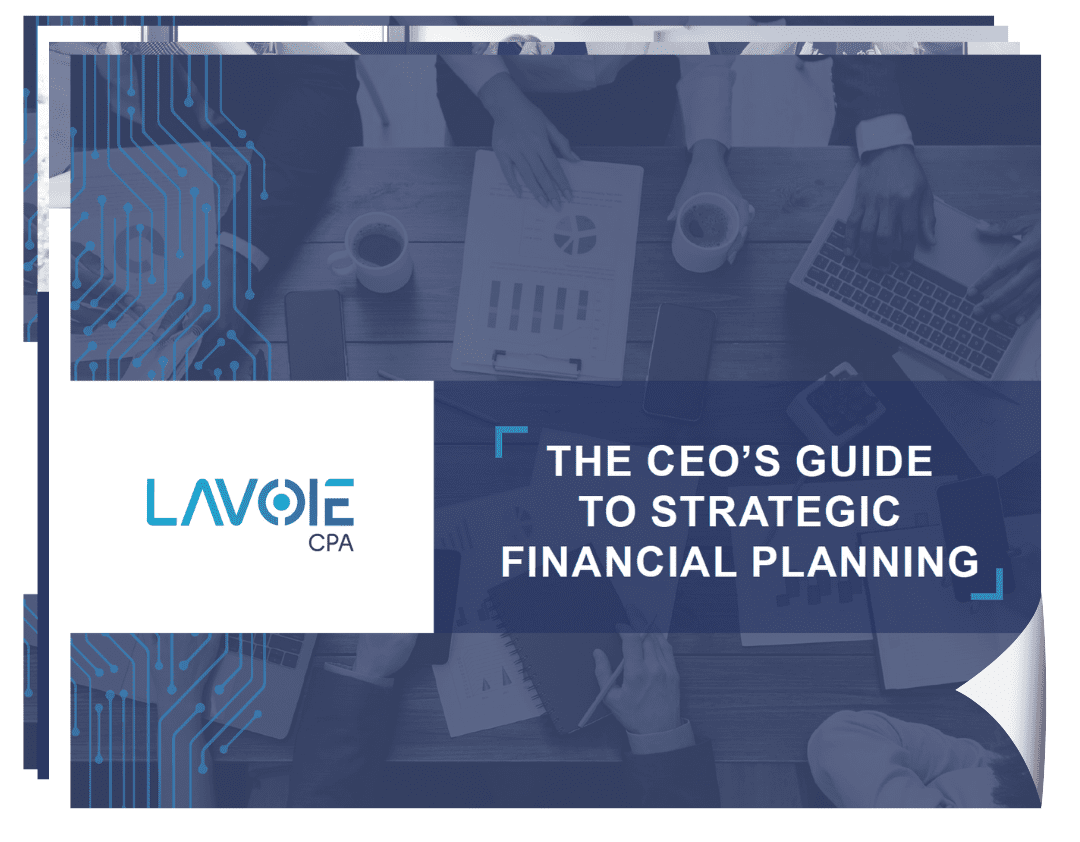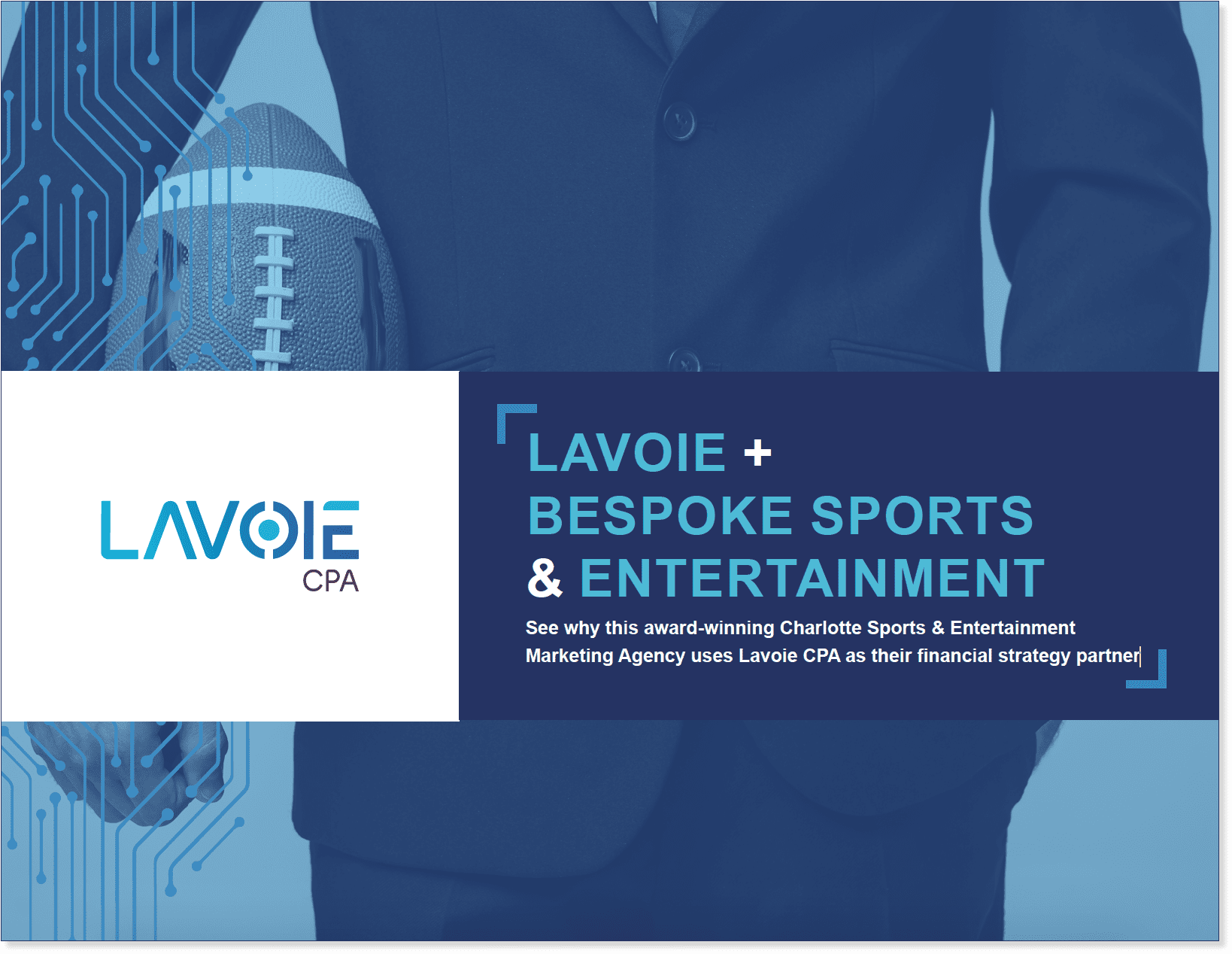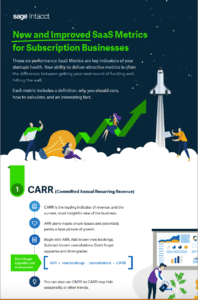
Women’s Enterprise USA Magazine Salutes Top WBE CEOs of 2021
DALLAS — Women’s Enterprise USA has released its list of Top Women-owned Business Enterprise CEOs of 2021 — a group of visionary women business leaders who demonstrate the best and brightest of women-owned business enterprises. Women’s Enterprise is an award-winning print and digital publication focused on the development and accomplishments of women-owned businesses.
“These CEOs are leading the way for other female entrepreneurs to bring competitive, collaborative and innovation solutions to a marketplace in motion,” said Kristin Schneider, publisher of Women’s Enterprise. “Our Top WBE CEOs of 2021 have not only built successful companies, they are changing the way the world does business.”
To determine the top CEOs, WE USA’s team of advisors and editors reached out to the regional partner organizations of the Women’s Business Enterprise National Council and business leaders throughout the country to identify women business owners who have achieved measurable success, advanced innovation in their industries, become role models and contributed substantial time and effort to helping other WBEs. The following are the WBE CEOs ― in alphabetical order ― who most strongly exemplify these characteristics.
Juuhi Ahuja, Founder, CEO and President, Wise Men Consultants, Houston, Texas
Imelda Alejandrino, CEO/Creative Director, AP42 Marketing and Technology, San Ramon, California
Dana C. Arnett, CEO, Wicked Bionic LLC, Los Angeles, California
Camille Austin, Owner, Elite Roofing Services Inc., Tampa, Florida
Michelle Aristeo Barton, President, Aristeo Construction Co., Livonia, Michigan
Debra Berry, CEO, Berry Industrial Group Inc., Nyack, New York
Donna Brin, Founder & CEO, bFIVE40, Little River, South Carolina
Gabrielle Christman, President and CEO, Hunter International Inc., Avon, Ohio
Donna Cole, President/CEO, Cole Chemical & Distributing Inc., Houston, Texas
Jacqueline Darna, CEO, Darna & Co. LLC dba NoMo Bands, Tampa, Florida
Iyabo Dedmon, President, ThriveOn Concepts, North Kansas City, Missouri
Dana Donofree, Founder and CEO, AnaOno LLC, Philadelphia, Pennsylvania
Nathalie Doobin, Owner, President and CEO, Harvard Services Group Inc., Miami, Florida
Leanne Duong-Ma, President/Owner, Direct Source Procurement, Las Vegas, Nevada
Pamela Feld, Founder and CEO, Triumph Technology Group, Tustin, California
Jill Frey, President and CEO, Cummins Facility Services LLC, Prospect, Ohio
Nenette Gray, Founder and CEO, Lemonade Creative Marketing LLC, Baton Rouge, Louisiana
Lili Hall, Founder, CEO and President, KNOCK Inc., Minneapolis, Minnesota
Linda Hamilton, CPA, CEPA, SYSTEMologist®, Linda A Hamilton CPA PLLC, New York, New York
Kyra Hardwick, MBA, Managing Consultant, The Kyra Co. LLC, Houston, Texas
Jodi Cannon Hohman, CEO, Lagarda Security, Burton, Michigan
Kate Holby, Co-Founder, Ajiri Tea Co., Upper Black Eddy, Pennsylvania
Porcha Johnson, Founder and Publisher, Black Girl Health, Harrisburg, Pennsylvania
Hannah Kain, President and CEO, ALOM Technologies Corp., Fremont, California
Sharai Lavoie, CEO/Managing Member, Lavoie CPA PLLC, Charlotte, North Carolina
Mary Lawrence, President, Richards Graphic Communications Inc., Bellwood, Illinois
Elizabeth Ledoux, Founder and Head Strategist, The Transition Strategists, Ft. Collins, Colorado
Sandy Lish, Principal & Co-Founder, The Castle Group Inc., Boston, Massachusetts
Betty Manetta, President and CEO, Argent Associates, Plano, Texas
Michelle Manire, CMM, Founder and President, Coast to Coast Conferences & Events, Long Beach, California
Dee C. Marshall, CEO, Diverse & Engaged LLC, Newark, New Jersey
Carol Muszynski, President, Eighth Day Design Inc., Falls Church, Virginia
Carmen Nazario, President/CEO, ELYON International Inc., Vancouver, Washington
Mary Parker, CEO, ALL N ONE Security Enterprise, Atlanta, GA
Lauren Rakolta, President & CEO, DFM Solutions Inc., Detroit, Michigan
Ann Ramakumaran – will send responses, CEO and Founder, Ampcus Inc., Chantilly, Virginia
Angelica Rivera, President and CEO, Colmex Construction LLC, New Orleans, Louisiana
Silvana Rosero, President & CEO, Laguna Media Group, Grand Prairie, Texas
Jenell Ross, President, Bob Ross Auto Group, Bobrossauto.com
Molly Sandlin, Founder and President, CAET Project Management Consultants LLC, Keller, Texas
Rosa Santana, Founder and CEO, Santana Group, San Antonio, Texas
Billie Bryant Schultz, CEO, CESCO Inc., Dallas, Texas
Wendy Spivak, Principal & Co-Founder, The Castle Group Inc., Boston, Massachusetts
Debra Stevens, Principal, The Stevens Group/International Tenant Representative Alliance Global, Boston, Massachusetts
Liora Stone, President, Precision Engineering Inc., Uxbridge, Massachusetts
Amy Tiller, CEO and Co-Founder, Inspired Results Inc., Portland, Oregon
Andrea Tsakanikas, President, CrewFacilities.com LLC, Austin, Texas
Nina Vaca, CEO, Pinnacle Group, Dallas, Texas
Biddie Webb, Partner, Limb Design LLC, Houston, Texas
Liz Whitehead, CEO, 12PointFive LLC, Silver Spring, Maryland
For questions, please contact:
Kristin Schneider, Publisher
About WE USA magazine
Now close to celebrating its 30th anniversary, WE USA magazine is America’s award-winning resource for information on women’s business enterprise and diversity. Reaching an audience of women business owners, corporate procurement managers and executives, education professionals and government representatives, WE USA focuses on value for the readers, advertisers and communities it serves. For more information, visit weusa.biz.






![Sage Intacct’s 6 Key Performance Metrics For Subscription Businesses [INFOGRAPHIC]](https://lavoiepllc.com/wp-content/uploads/2020/10/Sage_BlogHeader-1080x482.png)



